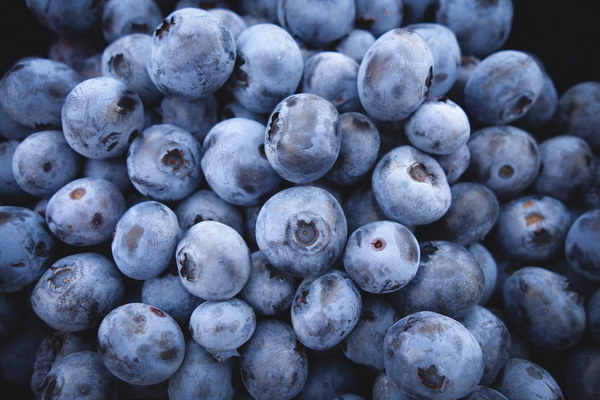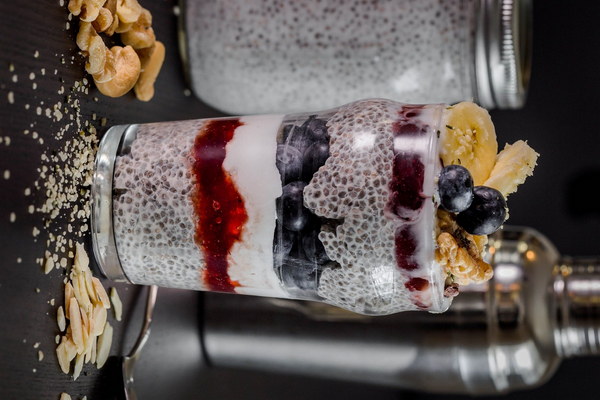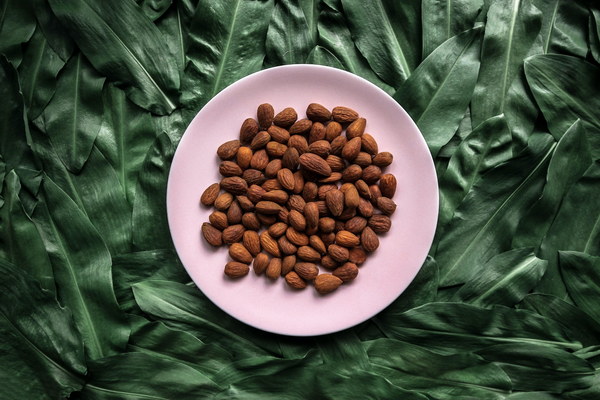Exploring Traditional Chinese Medicine Herbs and Ingredients for Nourishing the Lungs and Boosting Qi
In traditional Chinese medicine (TCM), the concept of balancing the body's energy, or Qi, is fundamental to maintaining health and wellness. One key aspect of TCM is the focus on nourishing the lungs and boosting Qi, which is crucial for respiratory health and overall vitality. To achieve this, TCM practitioners often recommend specific herbal remedies and ingredients that have been used for centuries. Here, we explore some of the most common and effective herbs and ingredients for nourishing the lungs and boosting Qi through a nourishing lung Qi herbal syrup.
1. Codonopsis pilosula (Dang Shen)
Dang Shen is a well-known herb in TCM for its ability to boost Qi and nourish the lungs. This herb is often used to treat fatigue, weakness, and respiratory issues, as it strengthens the immune system and enhances lung function.
2. Astragalus membranaceus (Huang Qi)
Huang Qi is another popular herb in TCM that is known for its immune-boosting properties and its ability to strengthen the body's overall Qi. It is often used to treat respiratory conditions, including colds, flu, and chronic lung diseases.
3. Schisandra chinensis (Wu Wei Zi)
Wu Wei Zi is a fruit that has been used in TCM for its ability to nourish the lungs, boost Qi, and strengthen the immune system. This herb is also known for its adaptogenic properties, which help the body cope with stress and improve overall well-being.
4. Fritillaria thunbergii (Chuan Bei Mu)
Chuan Bei Mu is a root herb that has been used in TCM for centuries to treat respiratory conditions, such as coughs, asthma, and bronchitis. It is believed to have anti-inflammatory and expectorant properties that help clear mucus from the lungs and soothe the respiratory tract.
5. Honey (Mi)

Honey is a natural sweetener that is often used in TCM to enhance the effectiveness of herbal remedies. It has a soothing effect on the throat and respiratory tract and can help to moisturize the lungs, making it an excellent addition to a nourishing lung Qi herbal syrup.
6. Licorice root (Gan Cao)
Licorice root is a versatile herb in TCM that is often used to harmonize other ingredients in a formula. It has anti-inflammatory and demulcent properties that help soothe the throat and respiratory tract, making it an excellent addition to a lung Qi-nourishing syrup.
7. dates (Shu Di)
Dates are a natural sweetener and a nourishing ingredient in TCM. They are believed to boost Qi and nourish the lungs, making them an ideal addition to a lung Qi herbal syrup.
To create a nourishing lung Qi herbal syrup, you can combine these herbs and ingredients in a recipe that is both effective and easy to follow. Here's a basic recipe to get you started:
Ingredients:
- 10g Dang Shen
- 10g Huang Qi
- 10g Wu Wei Zi
- 10g Chuan Bei Mu
- 10g Gan Cao
- 50g honey
- 20 dates
Instructions:
1. Soak the herbs and dates in water for 30 minutes.
2. Boil the water and add the soaked herbs and dates.
3. Simmer the mixture for about 30 minutes, or until the water has reduced by half.
4. Strain the mixture and add the honey.
5. Store the syrup in a clean, airtight container in the refrigerator.
This nourishing lung Qi herbal syrup can be taken daily, 1-2 tablespoons at a time, especially during the colder months or when respiratory issues are prevalent. While it is important to consult with a TCM practitioner before starting any herbal treatment, these traditional remedies have been used for centuries to support respiratory health and boost overall vitality.









